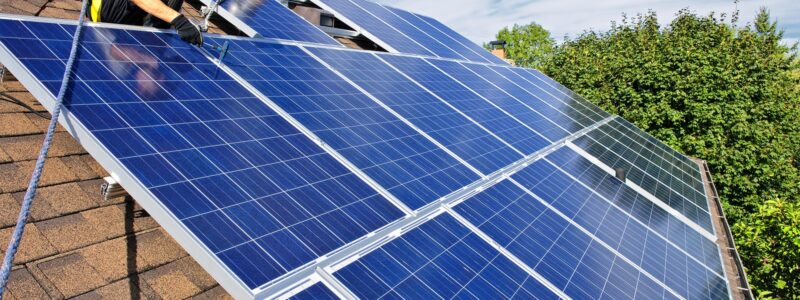
Vindkraft Ukraine, operating in the field of wind energy in Ukraine, has estimated its possible annual losses from the introduction of excise tax on “green” electricity at EUR3 million.
“Our losses from excise tax will amount to EUR3 million per year,” founder and CEO of the company Carl Sturen said in a comment to Energy Reform on the sidelines of a press conference at the Interfax-Ukraine agency on the development of renewable energy sources on June 9.
At the same time, he noted that with the introduction of the excise tax, it will be necessary to negotiate again with banks financing the company’s projects on restructuring loans.
“If a decision on excise tax is made now, it will be necessary to recalculate it again, to renegotiate that we cannot fulfill the payment schedules. This is an ongoing process,” Sturen complained.
According to him, both in the past and in the current year, the company’s management is continuously engaged in restructuring loans.
“We are constantly doing this. First, we signed a memorandum – we built our schedules with the banks according to the memorandum, taking into account that it will be fulfilled. Then the memorandum is not fulfilled – it was necessary to negotiate in a new way. Now the excise tax is impending – negotiations again,” the head of Vindkraft Ukraine described the situation.
At the same time, he stressed that in such conditions it is impossible to build anything, specifying that “the company planned to build a wind farm with a capacity of 200 MW in Kherson region this year, but it is already obvious that it will not have time to do this.”
According to Sturen, it is now difficult to negotiate financing for new projects.
“Nobody is funding, they are waiting for the law and the memorandum to be fulfilled. Everything is in limbo,” he explained the state of affairs.
Nevertheless, the CEO of the company believes that the signing of the memorandum was the right decision.
“All the same, this memorandum was correct. I see the government’s attempts to fulfill it, but, unfortunately, the situation is complicated, rather, by the manipulation of those bodies that are not directly subordinate to the government. This, in particular, is the regulator,” Sturen said.
He substantiated his position by the fact that participants in the electricity market, allowing manipulations on it, remain unpunished, and this is within the competence of the energy regulator – the NEURC.
“If the market players undermine it with fake volumes and bids for consumption and sale, if there is no punishment for this, manipulations, in my understanding, are in full swing. And “green” generation suffers and artificial losses are created for Energoatom,” he said.
In his opinion, “green” generation, requiring payments and balancing, creates only 5% of problems in the market, and 95% arise from manipulations on it.